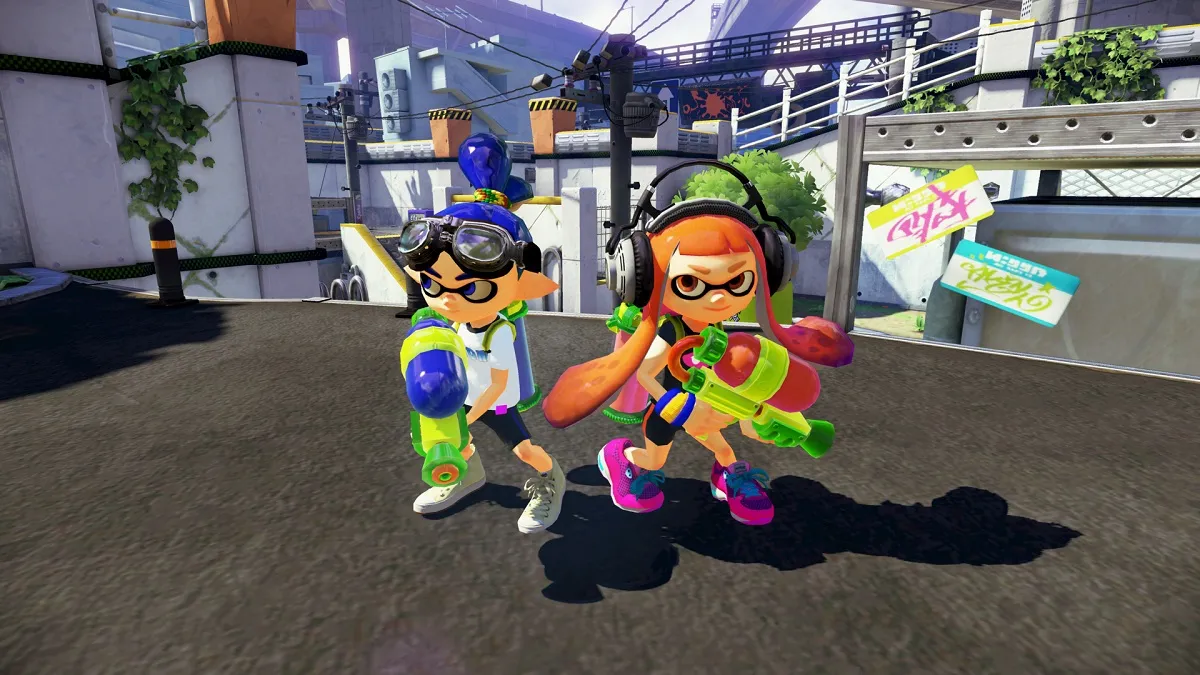Developed with a chill in mind, Lucidity’s music is soft and non-aggressive. Project lead David Nottingham told Destructoid via e-mail that he incorporated the studio’s audio people into the project early in order to insure that the sound component blended with the downloadable title. The goal was flow. Over time, the audio became more than a component — it turned into an inspirational device.
“Jesse Harlin, who is our uber-talented in-house composer at LucasArts, created the music,” said Nottingham. “We talked about the type of experience that we were going for in the game. We’d been describing it internally as a ‘lean back’ experience i.e. you sit back, relax and get into a state of flow. Something we did that I think was really successful, was involve the audio guys early. Both Jesse and Tom — the sound designer — had the opportunity to see the direction we were going in and have time to really think about what they wanted to do. “
“Jesse really blew me away with his compositions,” he continued. “I think after working for many years on orchestral pieces for Star Wars games, it was just great mental crop rotation for him to be able to shift gears into something else. I also really love the audio when you collect fireflies. The musical note changes according to the music, so you can create your own musical chimes as you move through the levels. I hope that people really appreciate how well the music and art both complement the emotional tone of the game. The artists would often listen to Jesse’s score for a level when putting it together. So the art and the music really went back and forth between inspiring each other.”
He opened up his response to us in agreement over the word choice of “chill” in regards to the vibe the music gave us. If you’re wondering what the hell we’re talking about, hit this link. It will take you to a piece Harlin created for Lucidity called “Carte d’Etoile.” It’s definitely chill.
Music is often a big component in a game that looks as special as Lucidity — we didn’t doubt that. But it’s interesting, to say the least, how Nottingham described the designers listening to the game’s score as they were assembling a level. We wonder how much it helped. What do you guys think?




